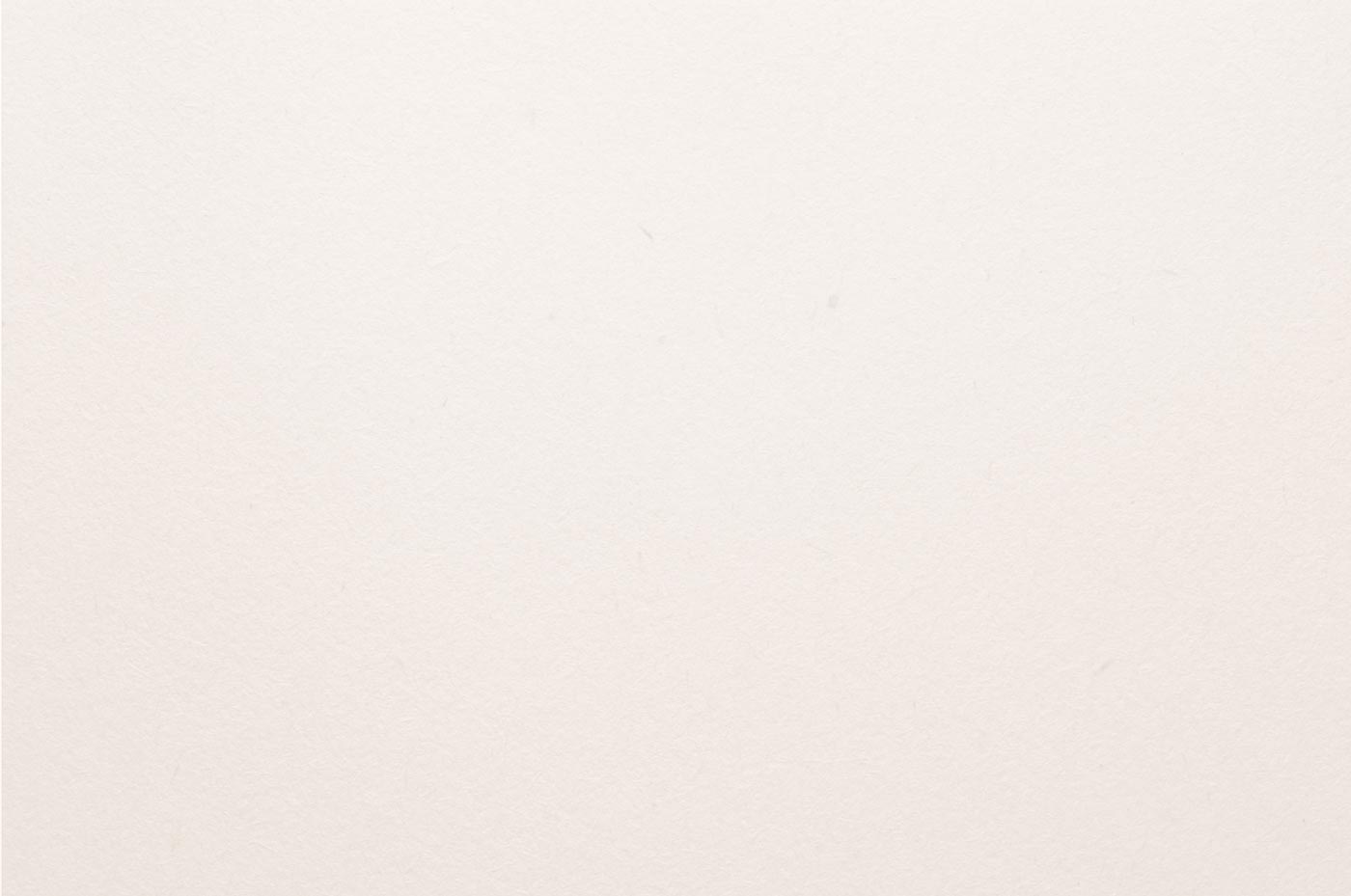My philosophy
(short version)
Get into it, then the hours fly by.
(long version)
I´m looking for truth, also in my work philosophy. And here is the first truth: my work philosophy changes every couple of years.
But I can see the leitmotif; I am curious, patient and persistent. That´s why I allow myself the time to wait until a certain topic, question or person fascinates me so much that I want to spend more time on it, her, or him.
As a teenager, no topic could excite me more than the nature-nurture debate. That’s why I studied biology. Yet I always had a problem with my choice of a scientific career. I felt torn between the “rational” in science and the “irrational” in the arts. After a year at the university, I decided to quit and become an artist. To make money I toured through Germany as a pantomime in order to introduce Dr. Pepper, a sweet soft drink that is quite popular in the States, to the Germans. Dear Germans, have you ever seen a Dr. Pepper at your local supermarket? (No.) I wanted to become an actor, and took lessons in the “actor’s method”. What a crazy world, full of hysteria and emotions. I yearned for science and logical thinking.
I went back to university and studied philosophy in Munich, focusing on Hegel. Dialectics is a good thing. But only book-learning? No microscope, experiments, outdoor excursions, and – very important for me – no animals? I switched again, and studied biology in Munich. Most of my teachers bored me, and so I spent a lot of time studying at home with books and friends. (I will never forget the ten hour learning frenzies that ended up in uncontrollable laughter.) But one day I visited a class, and I really liked the teacher. I thought, whatever he is researching, I want to try it out. To my surprise he was involved with two fascinating topics: primates and the sense of smell. One visit to his institute, and I felt at home there. Monkeys and odors would dominate my next ten years. I trained squirrel monkeys and pigtail macaques. Later I concentrated on the sense of smell in humans. I couldn´t think of any other topic that could rule my world. Yet the world ruled me. After a one year postdoc in Japan (comparison of body odors), I couldn´t find a job. I didn´t have the money to wait until a position would open up for me and my somewhat exotic topic somewhere in the world.
In my desperation I decided to change my career. The unemployment agency offered me a nine month class to become an online journalist. I had never dreamed of being a journalist, but at that moment there was nothing else to do. To my surprise, I really enjoyed the class. Writing felt right. My goal was to become a freelance science journalist. I knew I had a lot to learn. That’s why I first became an editor, than a press speaker. And then I took the leap. I became a freelancer. I had to learn it the hard way, like everybody else in the field: being a freelance journalist is being an entrepreneur, a client scout, a secretary, a financial advisor, a marketing expert, a survival expert. And like so many I know in this field, if you survive the first few years , you don´t want to go back to anything else.
I work in a beautiful office in a house with other freelancers, and I do what I like best. I wait until a topic comes and grabs me. Then I spend weeks, months or years on it. Sure, magazines and newspapers don´t pay enough to make a living, but I seldom complain. I have found many different ways to turn my skills into income. All of them have something to do with the topics I love. I write brochures for research organizations, foundations and scientific societies. I manage the websites and press offices of doctors, scientists, and research associations. And I work together with a great team of other freelancers; most of them have become my friends.
Basically, the same topics are still occupying my time and my desk: nature – nurture, neuroscience, psychology, public health, and yes, olfaction. There are a couple of more precise topics I deal with. For example: how can we change society in order to live healthier lives, which brought me to the idea of “status envy”, the title of a book by inequality expert Michael Marmot. Status envy induces stress, which make us more prone to disease. The more inequality there is, the more people suffer from poor health. This leads to a basic emotion: envy. I suffer from it, but is that so bad? This is a topic I would like to spend a year on, maybe write a book about. Or at least an article. We will see. Please come back for my revised philosophy.


